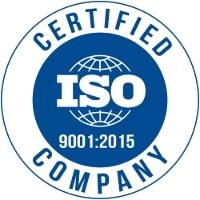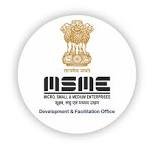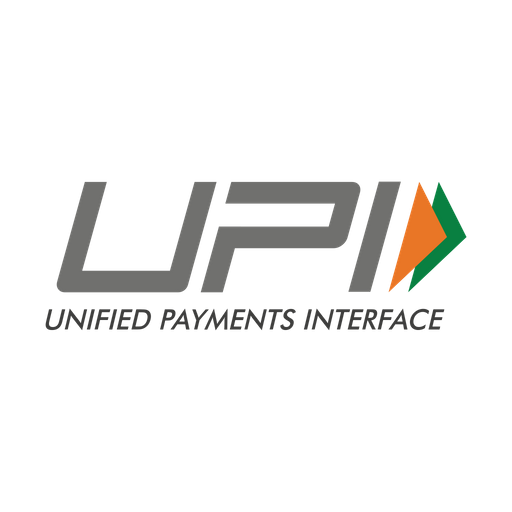
 BIS Registration for Induction Stove : IS 302 (Part-2/Section-6) : 2009
BIS Registration for Induction Stove : IS 302 (Part-2/Section-6) : 2009
Introduction:
First, Induction Stove was invented in America at the beginning of 1970, and in 1971 it was released for public use in Texas. New technology added amazing features in induction stove like temperature setting can adjust the cooking temperature as per your comfort, beautiful and practical design easy to carry, the automatic feature is the best feature as it shut down automatically it means it is safe to use. In short, an Induction stove is used for heating cooking vessels. Induction cooking allows high power, increases in temperature to be achieved, and it provides changes in heat instantly. From 01 April 2021, the Bureau of Indian Standards (BIS) has required the induction stove to be registered as per IS 302-2-6: 2009 under the Compulsory Registration Scheme from BIS, and it should conform as per IS 302-2-6: 2009.
IS Standard : Induction Stove : IS 302 (Part-2/Section-6) : 2009
An induction stove is a modern and innovative kitchen appliance that has transformed the way we cook. Unlike traditional stoves that use gas or electric heating elements, an induction stove relies on electromagnetic induction to generate heat. Induction stoves are known for their safety features, as they do not produce an open flame, and the cooktop remains cool to the touch when not in use. This significantly reduces the risk of burns or accidental fires. They are also energy-efficient because they heat the cookware directly, resulting in minimal heat loss.
The ease of cleaning and maintenance, along with their sleek and modern design, has made induction stoves a popular choice in contemporary kitchens. While they require induction-compatible cookware, the advantages of speed, precision, safety, and energy efficiency have made induction stoves a preferred choice for both professional chefs and home cooks seeking a reliable and efficient cooking solution.
IS 302 (Part-2/Section-6): 2009 is an Indian Standard that specifies the safety requirements for induction stoves. Adherence to these standards minimizes the risk of electrical accidents and ensures the safety of users. Compliance with IS 302 (Part-2/Section-6): 2009 helps manufacturers meet these regulatory requirements, making their products legally compliant and safe for consumers. These standards ensure that these appliances are safe for consumer use, protecting users from potential hazards, such as electrical shocks, burns, or fire.
Note: Before introducing their products to the Indian market, manufacturers of induction stoves must obtain the necessary BIS/CRS Registration.
BIS/CRS Registration ensures that induction stoves entering the Indian market are subjected to a thorough evaluation, confirming their compliance with stringent quality and safety standards set by the BIS. This registration offers assurance to consumers, manufacturers, and regulatory authorities that these induction stoves are not only safe and free from defects but also contribute to the availability of efficient and safe cooking appliances in the Indian market, promoting energy efficiency, ease of use, and culinary innovation while upholding necessary safety and quality standards.
About The Bureau of Indian Standards (BIS)
The erstwhile Indian Standards Institution (now Bureau of Indian Standards) was established in the year 1947 with the objective of harmonious development of standardization activity in India. The Bureau of Indian Standards (BIS) was established under the BIS Act, 1986 for the harmonious development of the activities of standardization, marking and quality certification of goods and for matters connected therewith or incidental thereto. A new Bureau of Indian Standards Act, 2016 which was notified on 22nd March 2016, has been brought into force with effect from 12 October 2017 that reinforces the activities of BIS in respect to standardization and certification of goods, articles, processes, systems and services.
 Guidance Document on Quality Control Orders (QCOs)
Guidance Document on Quality Control Orders (QCOs)  Products (Under Compulsory Certification) CRS Products List
Products (Under Compulsory Certification) CRS Products List Scheme – I (
Scheme – I ( Mark Scheme ISI Certification Products List)
Mark Scheme ISI Certification Products List)
 News And Update
News And Update
Basic Requisites for BIS Licence
Obtaining a BIS Licence hinges on four key pillars:
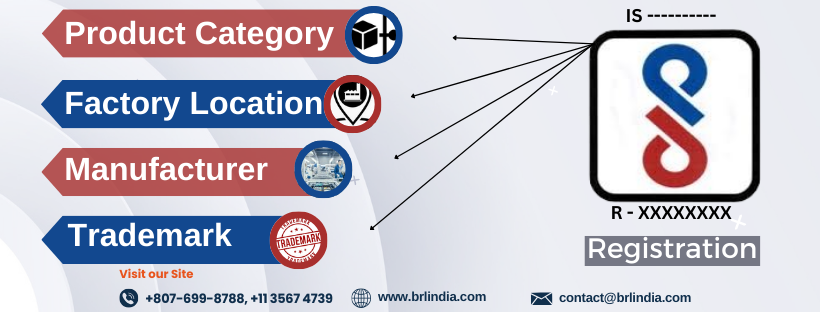
1. Manufacturer: The BIS Licence is exclusively granted to manufacturers, not importers or sellers. Importers can act as the Authorized Indian Representative (AIR) of a foreign manufacturer to submit the application, but the licence is issued to the manufacturer.
2. Manufacturing Address: A valid manufacturing address must be provided. If a manufacturer operates multiple factory locations for the same product, each location requires a separate BIS Licence.
3. Product: Each product needs its own licence. However, multiple models within the same product category can be covered by a single licence.
4. Brand/Trademark: Each brand or trademark must have its own BIS licence.
BIS Registration Procedure
The BIS registration process for amplifiers under IS 616:2017 varies based on the geographic location of the manufacturing unit. The processes differ for domestic (Indian) and foreign manufacturers.
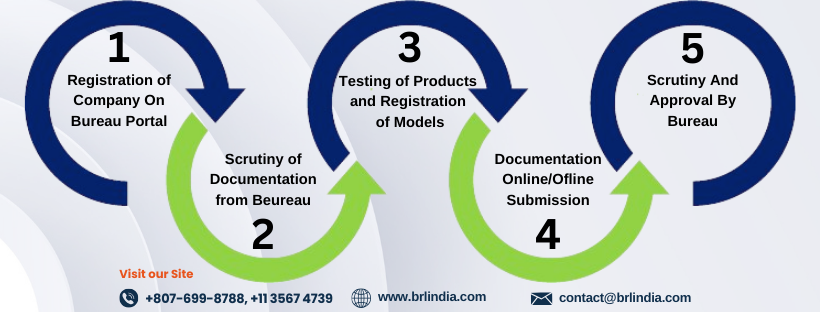
Process for Foreign Manufacturers
1. Nominate Indian Representative: The foreign manufacturer must nominate an Authorized Indian Representative (AIR) {What is AIR}.
2. Submit Online Application: An online submission must be made.
3. Sample Testing: Samples must be tested by a BIS-approved laboratory.
4. Submit Application and Test Report: The application, including the test report, is submitted online or offline.
5. Verification: BIS officials verify the application.
6. Grant of Licence: Upon successful verification, the licence is granted. (Foreign Manufacturers Process Read More..)
Guidelines for Nominating an Authorized Indian Representative (AIR)
Foreign manufacturers must appoint an AIR for operations in India: (What is AIR Read More)
- - If the manufacturer has a liaison or branch office in India, it will be designated as the AIR.
- - If no liaison or branch office exists, the proprietor or registered user of the brand/trademark in India becomes the AIR.
- - If neither exists, another entity can be designated as the AIR.
Process for Domestic Manufacturers
1. Submit Online Application: The manufacturer submits the application online.
2. Sample Testing: Samples are tested by a BIS-approved laboratory.
3. Submit Application and Test Report: The application, including the test report, is submitted online or offline.
4. Verification: BIS officials verify the application.
5. Grant of Licence: Upon successful verification, the licence is granted. (Domestic Manufacturers Process read more)
Documents Required for BIS Registration for Emergency lighting : IS 10322 (PART 5) Section 8: 2013
- - Completely filled CDF/CCL form
- - Duly filled BIS application form
- - Business License of manufacturing unit (in English and local language)
- - Scope of Business License (in English and local language)
- - ISO certificate of the manufacturer
- - Marking Label/Details of Marking on the product
- - Authorization letter (if the signatory is not the head of manufacturing)
- - Trademark Certificate
- - Trademark Authorization Letter (if trademark is owned by another entity)
- - Authorized Indian Representative company registration proof (foreign manufacturers)
- - Photo ID of Authorized Indian Representative/Authorized Signatory
- - Technical Specification Sheet of Product/User Manual (Document Checklist)
Key Points to Consider for BIS Certification
1. Select BIS Recognized Testing Organization: Ensure the testing laboratory is recognized by BIS and has a valid licence.
2. Laboratory Compliance: Confirm that the laboratory's licence is valid and not suspended, and it is not undergoing an audit.
3. Sample Shipment Arrangements: Arrange for complete shipment from the manufacturer’s location to the testing laboratory.
4. Document Authentication: All documents should be signed, notarized, and stamped by the manufacturer, brand owner, and Indian representative.
5. Accurate Data Entry: Ensure accurate and detailed entries in the Construction Data Form (CDF) and Critical Component List (CCL).
6. Test Report Validity: Submit the test report to BIS within 90 days of testing. If unable to submit on time, new samples must be tested.
7. Document Preparedness: Ensure all documents are ready before sample testing.
8. Application Processing Time: BIS usually takes 15 days to approve the registration, but it can extend to 30-60 days.
Support from BRL India
Brl INDIA offers comprehensive support for BIS Registration, including:
- - Legal compliance and product testing
- - Sample development for conformity assessment
- - Liaison with BIS for application preparation, submission, and follow-up
- - Multiple visits to BIS office and management of incidental tasks
- - Free maintenance of licence for up to two years (Get In Tuch)
Additional Services by BRL lndia
- - In-house infrastructure for various certifications
- - Product evaluation and advisory on BIS registration
- - Assistance in standard formulation and testing methods
- - Analysis of changes in standards and regulations
- - Advisory on new products for BIS registration and certification
- - Representation to ministries for NOC/Exclusion of products
- - Strategic assistance for business continuity and development
- - Drafting communications for BIS department queries
- - Arranging meetings with BIS and ministries for clarifications
For more information or to ask questions, BRL In provides a platform for inquiries related to BIS registration and compliance. Contact Us Submit your queries to get more information about BIS CRS Registration Consultant and other compliance services. BRL India offers a single-window solution for all product certification needs, making the BIS Registration Process smooth and efficient.
Phone: (+91) 807-699-8788, (+91) 1135674739
Email: contact@brlindia.com
A Single Window for Product Certifications & Regulatory Compliance
[ ISI Products List | CRS IT Products List | WPC Products List | BEE Produsts List | TEC Products List ]
BRL India Services
BIS Registration Consultant | CRS Certification | ISI Domestic Manufacture | ISI Foreign Manufacture | ECO Mark Registration | ISI Mark Registration | EPR Registration for Plastic Packaging | EPR Registration for Electronic Waste Management | EPR For Re Ryclers | EPR Registration for Battery Waste Management | MOEF License | EPR Certificate | EPR Registration For Tyre Waste Certificate | EMI EMC Test | RF Testing | IP Rating Test | TEC Approvals | NABL Testing | UL Certification | CE Certification | TradeMark | Copy Right | CDCO Approvals | Drag License | WPC Certificate | BEE Registration | Fssai Registration | GEM Registration | TSDF Facility | Import Export License | Lab Setup And Lab Equipment | NOC For Steel | Legal Metrology | Certificate Consultant | ISI Certification |
Contact BRL India : For a more detailed understanding of the documentation and procedures involved in obtaining a BIS Certificate, feel free to connect with BRL India's team of experts:Phone: (+91) 807-699-8788, (+91) 1135674739 Email: contact@brlindia.com

